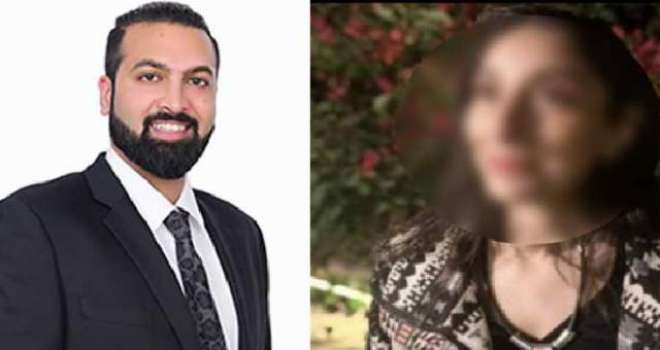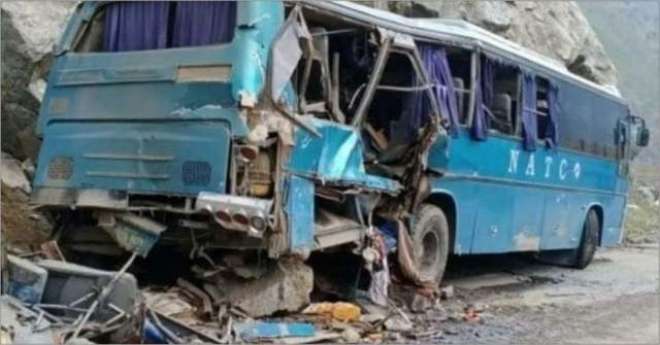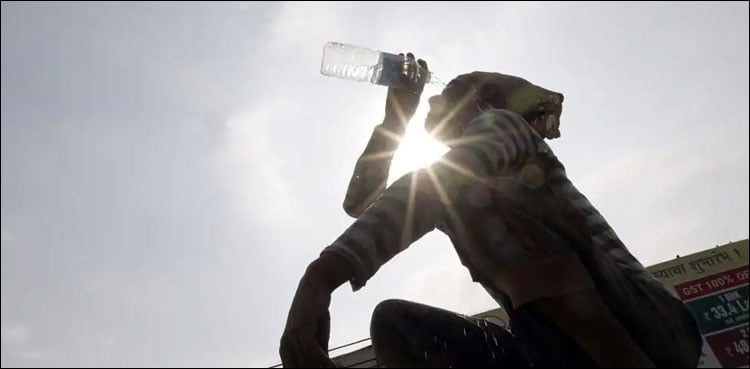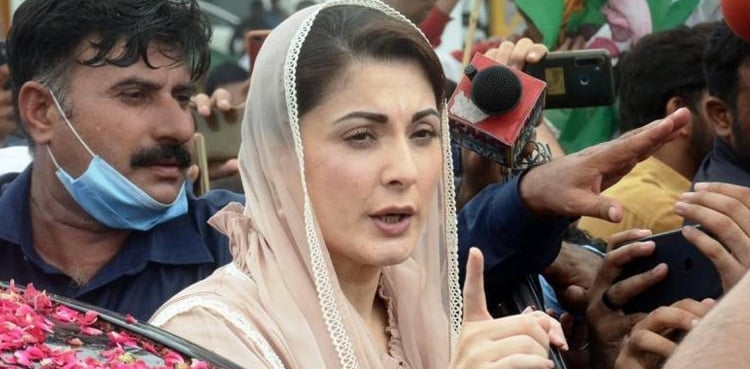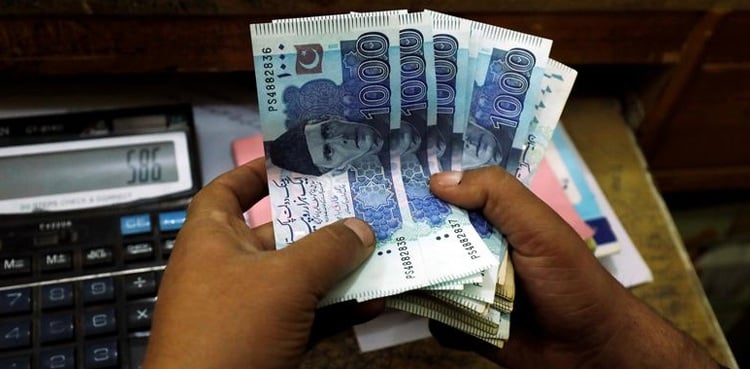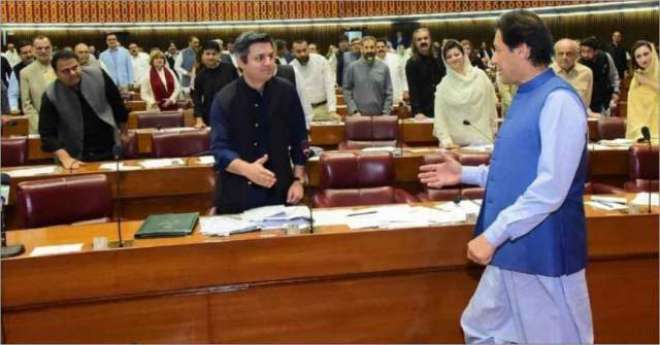Marvi Memon
- March 3, 2015, 10:40 pm
- Breaking News
- 198 Views
SIBI Mar 3 (PPI): "The time has come to start evaluating the need for a re-survey to get to the real poverty picture in Pakistan" Chairperson Benazir Income Support Programme and Minister of State, MNA Marvi Memon, gave these remarks while addressing a large group of BISP beneficiaries in village Luni district Sibi Tuesday.
MNA Marvi Memon is on an official visit to Balochistan, to understand the issues being faced by BISP beneficiaries and their resolution mechanisms being given by officials of BISP. The purpose of the visit is to have the firsthand experience of the ground realities in one of the most impoverished regions of Pakistan. In order to ensure transparency in its operations, BISP has adopted a state-of-the-art poverty survey conducted in 2010. This targeting mechanism is the biggest exercise of its kind in South Asia and one of the largest exercises undertaken in the world. Before the survey, BISP targeted the beneficiaries with the help of Parliamentarians where each public representative was given equal number of forms to be distributed amongst the poor households in their respective constituencies. Similarly, ensuring efficiency in delivering of payments to beneficiaries is another priority of BISP. Previously, Money Order system was used but due to delays in payments and other problems, BISP shifted to banking system and beneficiaries were provided with debit cards for withdrawing their money.
MNA Marvi Memon said that post office, Smart cards, debit cards, phone banking, all required complete re-evaluation and a better, safer and faster mechanism was the need of the day. She said dignity of women whilst getting all of the payment versus partial payments would be a top service delivery goal of BISP.
Currently, BISP is managing a National Socio-Economic Registry of 27 million households in Pakistan, which is a necessity since population census has not been undertaken for the last so many years.
She took a serious notice of complexity of payment modes adopted by BISP, as most of the beneficiaries came up with payment related grievances. She stated that major improvements were required in the current payment mechanisms so that beneficiaries could be serviced with dignity and full transparency. She said the present systems have failed to incorporate the profile of our beneficiaries who are extremely poor and have low education to fully understand the payment mechanisms.
After listening to the complaints of women of village Luni, MNA Marvi Memon urged the BISP officials to deal with middle men with an iron hand who tend to exploit the uneducated poor beneficiaries during the withdrawal process. She said that she would lead these efforts against unscrupulous elements and will ensure that the beneficiaries are duly educated on the payment mechanisms.
While discerning the issue of a large number of pending and untraceable beneficiaries in Sibi, MNA Marvi Memon met the Chairman of Local Government Sibi who assured complete support of his administration in bringing these beneficiaries under the umbrella of BISP.
On her visit to Loralai, MNA Marvi Memon visited the meetings held by various Mother Committees formed under Waseela-e-Taleem initiative of BISP. Lauding the efforts of Waseela-e-Taleem, MNA Marvi Memon stated that the initiative sets an example for BISP and same approach must be adopted across the board. She also listened to the problems of Waseela-e-Taleem beneficiaries discussed during the Committee meetings and directed the officials to take swift action for redressing their grievances. BISP is in the process of final inspections for its launch of Waseela-e-Taleem initiative in 32 districts of Pakistan of which Loralai is one such district. This effort is aimed to achieve maximum enrollment of children of beneficiary families in primary education. Waseela-e-Taleem uses an innovative approach whereby Mother Committees are formed in various districts, which acts as a forum for receiving updates on the initiative as well as for launching complaints of individual beneficiaries.

